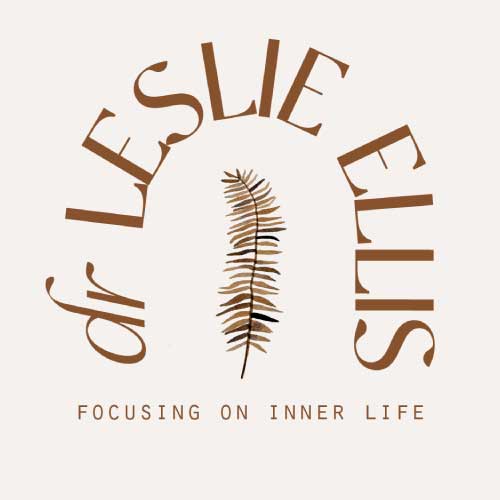Dreams are invaluable allies in our relationship with ourselves, but for most people, they seem like a nonsensical mystery, or they are barely ever recalled. How do we remember and make sense of them? I have some answers for you…
When I wrote my first book, A Clinician’s Guide to Dream Therapy (Routledge, 2019), I spent more than a year researching ways to help therapists guide clients to use their dreams as a pathway towards an enriched, authentic life, and toward greater freedom from mental health issues. Now I plan to make this information accessible to everyone, whether you work clinically with dreams or not. So many of you have asked me for ways to personally work with your dreams that I am now working on a course and a book on this fun and fascinating topic. And I’m hoping you can help me by joining my pilot course.
Free video series answers the most common questions about dreams
When I talk about my work and writing about dreams, the first thing people tend to ask is how to remember their dreams. I have the answer for you here as Part 1 of a 3-part free video series. Part 2 explains why it is so important to pay attention to dreams: they can even save your life! And Part 3 offers three dreamwork practices you can use right away to deepen your experience and understanding of your own dreams.
The second question people tend to ask me about my clinical dream book is, can I use the information as a guide to understanding my own dreams? Is it written so anyone can understand it? The answer is yes, although is written mainly for clinicians, it is written in a user-friendly that is accessible to all.
Overcoming the challenges of working with your own dreams
But also no, it’s not the best guide to dreamwork for yourself. This is because there are special considerations when you are working on your own dreams. It’s just much easier to spot the foibles of others than it is to clearly see the blind spots in ourselves. So we tend to transfer this bias onto our own work with dreams. However, there are many ways to compensate for this and develop a deep connection with yourself via your dreams, and I will be teaching you all about these, and other ways to overcome potential challenges of personal dreamwork.
From March 2020 onward, I will be offering an ongoing program in dreamwork for yourself that will culminate in the publication of my next book. Each month, we will learn about and try out a new self-dreamwork practice and discuss our experiences as a cohort. We will talk about what was amazing, and what fell flat. We will brainstorm ideas about how to glean the most from our dreams, and share our breakthroughs.
This is a pilot course that will ultimately be offered more widely. The first cohort will be limited in size, and you will receive a discount in return for your feedback, active participation and willingness to act as part of a focus group of sorts on the topic of personal dreamwork. So it will be more interactive and hands-on, with more instructor involvement than future versions. With your permission, I may include some of your thoughts and dreams in the book itself! And of course if you want your dreams to remain private, I will completely respect that.
Check out the free video series
For a taste of my teaching, and more on the topic of working with your own dreams, enjoy this series of short videos. If you have already decided you want to join me for the course, you can get more detailed information and register here. Space will be limited, and this discounted rate ($297) and higher level of interaction will only be offered this one time as we co-create the course and enjoy discovering the most effective self-dreamwork practices together!
Sweet dreams, Leslie

